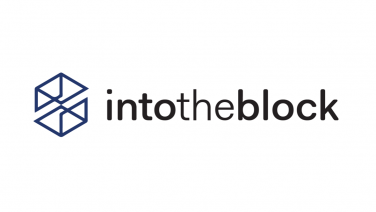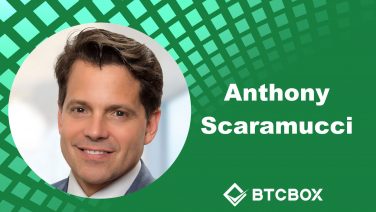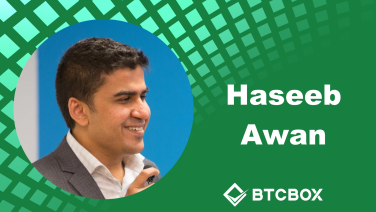 Blog
BlogHow are our societies and tax systems related? : Interview with Dominic Frisby ①
I have this idea that you design society the way you tax it. You determine the destiny of a society by the way that you tax it; how prosperous or poor the people will be, how free or subordinated people will be, etc. It's not just the amount but also the way that you tax the people. For example, today we rely very heavily on taxing labor even though we didn't always tax labor so much. I think there's a relationship between taxation and freedom. A slave owns none of his own labor like someone in a totalitarian state, but someone in an anarchic state with no government has 100% ownership of his own body and labor. At the moment where 40~50%of our money goes on taxes, so we own about 50~60% of ourselves. This needs to be a lower number.







